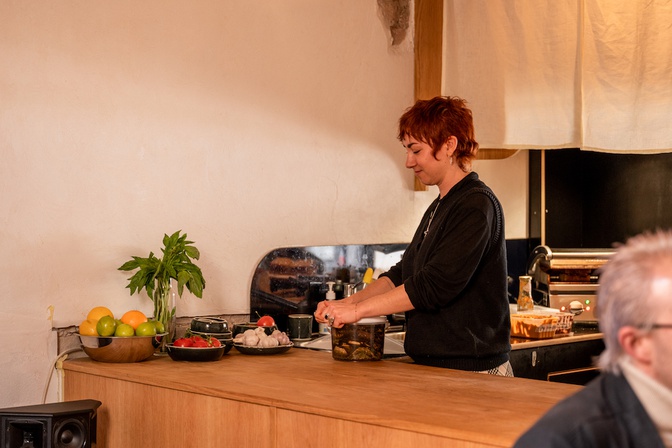The changes come into effect from July 1.

The national minimum wage is increasing by 8.6 per cent to $23.23 per hour following the Fair Work Commission’s Annual Wage Review this month. The increase means the weekly minimum wage increases to $882.80 per week from July 1, based on a 38-hour work week.
And award rates will increase by 5.75 per cent. These increases should come as a relief to around 2.7 million Australians who are paid minimum wage and award rates – almost a quarter of Australia’s workforce collectively.
The Fair Work Commission said the historic wage increase is influenced by the current inflation rate and the ability of award workers to meet their basic financial needs. Australia’s inflation rate rose to 6.8 per cent in April. They also acknowledged the wage increase may help reduce the potential gender undervaluation of work and qualifications, specifically in female-dominated industries and occupations.
The current minimum wage is $21.38 per hour, which means wages will increase next month by $1.85 per hour. The increase adds up to an extra $70.30 per 38-hour working week or $281.20 per month.
Casual award and agreement-free workers will continue to receive a 25 per cent casual loading rate per hour.
The wage increases will operate from July 1 and will come into effect for an employee’s full pay period on or after July 1.
If you’re unsure which award applies to you, use the find my award tool provided by the Fair Work Ombudsman. Businesses that are uncertain of the rates they should be paying staff can take a look at the pay and conditions tool here.
Photography: Samantha Schultz



